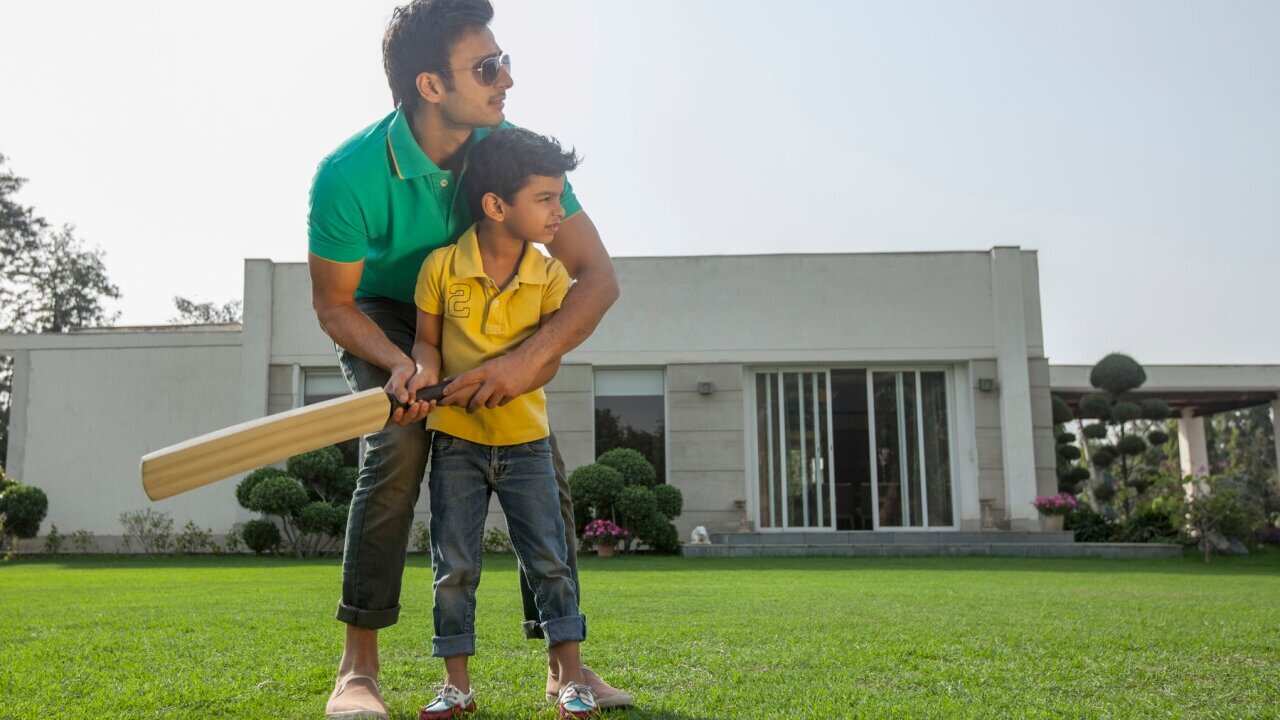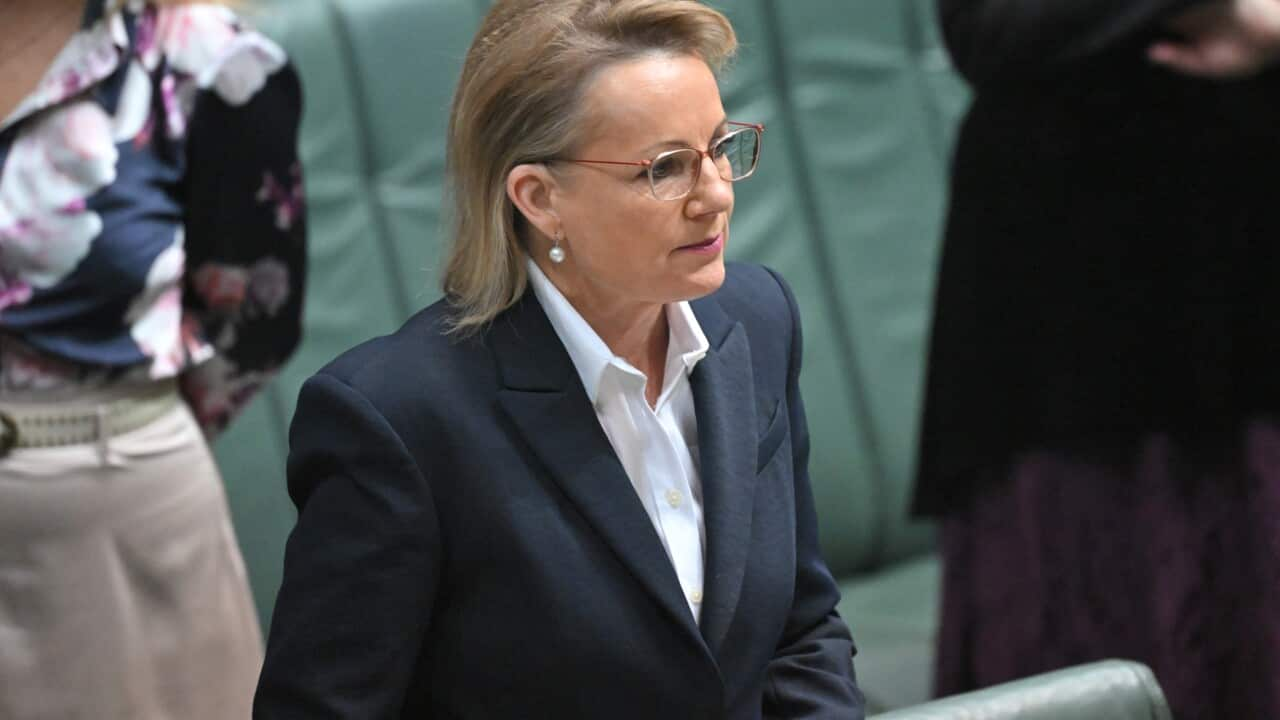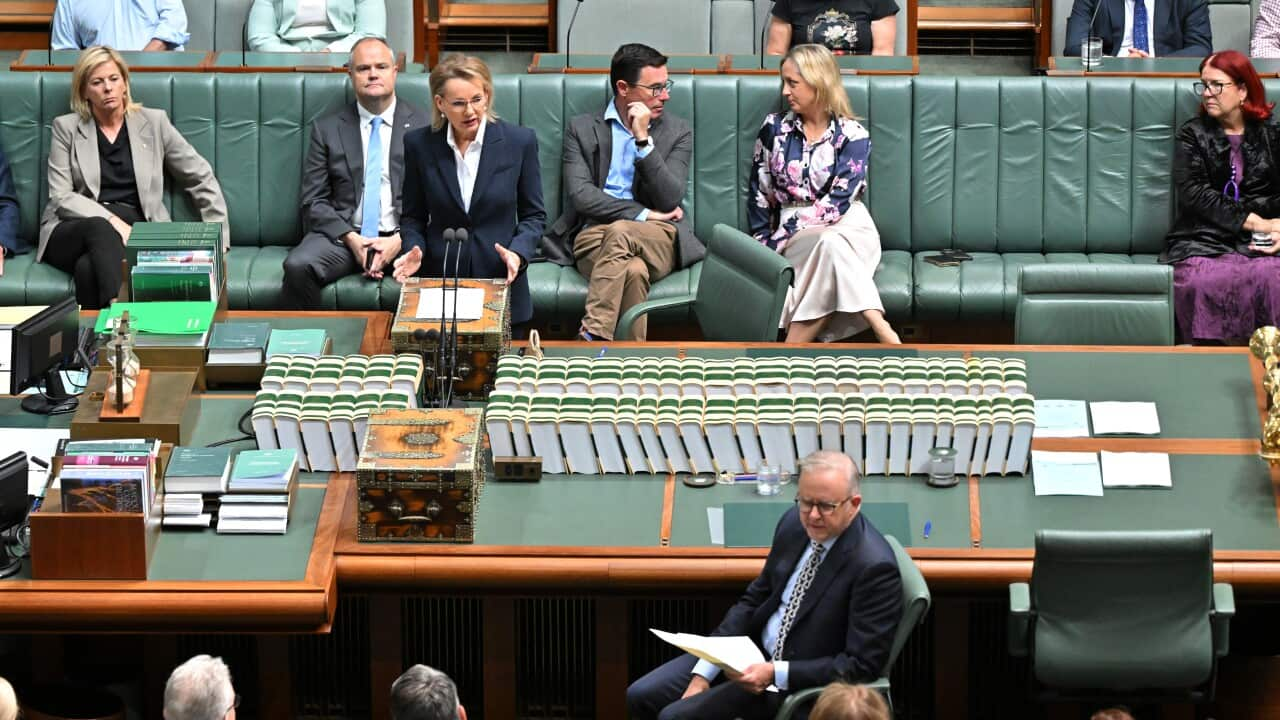Raising a child abroad can be a challenge that often leaves parents wondering if their children will feel like an outsider in the new country or will the unconventional position outside the wider context of culture, connect them to an even larger community.
In our series about raising kids of Indian heritage overseas, SBS Hindi spoke with psychiatrist and author Dr Shailaja Chaturvedi about the significant differences parents have to encounter while raising a child outside India.
And what we learnt was that -it's no child’s play.
“It takes an entire life to raise a child,” said Dr Chaturvedi.
“A child is like a canvass with a body, genes and an inherent strength to grow. But what beautifies the process and gives a child shape is the kind of upbringing we provide. In addition, our culture, family values, societal norms, and surrounding environment also has a major impact on the growth of a child” she added.
Dr Chaturvedi said that for Indian families, raising a child in their own country is no doubt an easier task as compared to bringing up a child in a world miles away from home, where their journey is fraught with bigger challenges and significant differences.
“One significant difference is that here in western countries, children are taught to be independent at a very young age while in India we tend to protect our kids.
"And while doing so we often cross the line and end up becoming overprotective parents, which doesn’t allow the children to become independent sooner.”
Dr Chaturvedi who has recently authored a book on child-rearing said the second major difference lies in our family set-ups.
“While in India, we mostly live in joint families where everyone even the neighbourhood and friends are considered family. While here in Australia, people tend to live in nuclear families where only very close relatives or blood relatives are considered part of the family.”
She added that this necessarily doesn’t mean our method of parenting is right or their’s isn't.
“As parents living abroad, the most important aspect is to learn to integrate, which means that we must adapt and learn what is good about the western parenting culture while simultaneously holding on to our own values like teaching kids to respect their elders, acts of kindness and adjustment, besides many more.”
Dr Chaturvedi also talked about the importance of sending young kids to childcare and spoke in length about encouraging their participation in cultural and religious practices, which she said would help them in staying connected to their roots.
Tune into SBS Hindi at 5 pm every day and follow us on Facebook and Twitter




